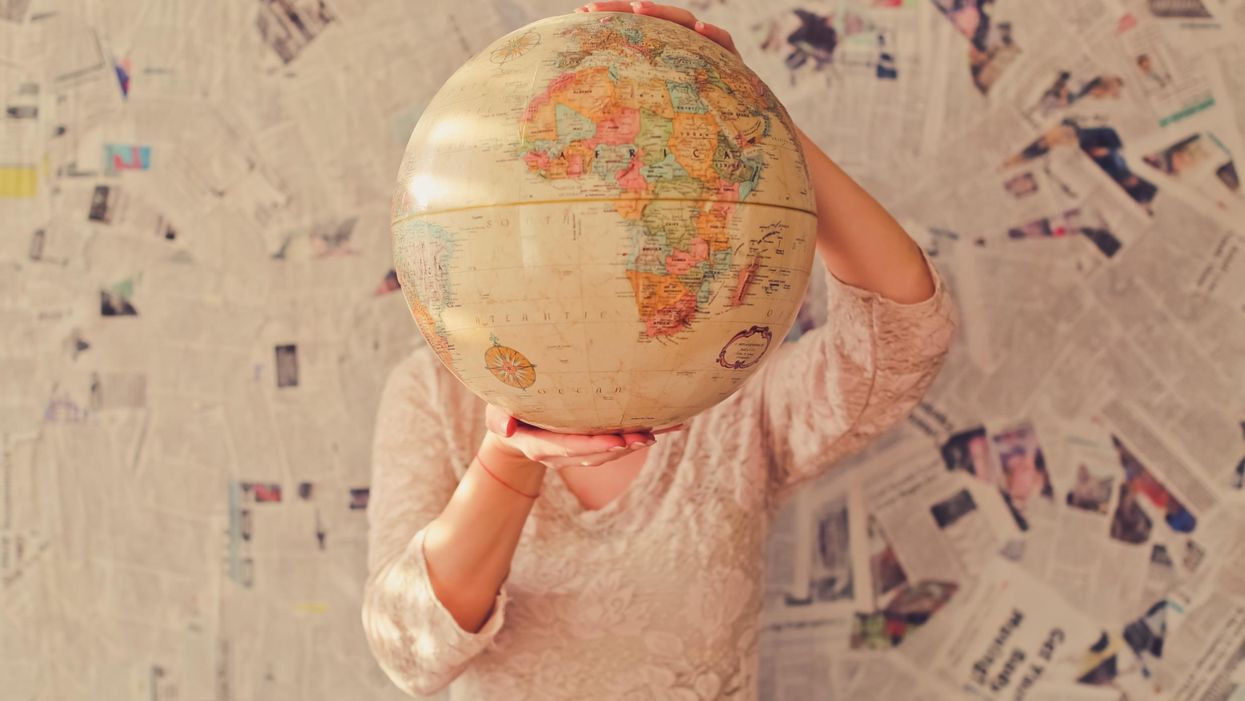Jessica Brown
Oct 16, 2017

Picture:
Unsplash
You might have wondered how your parents whittled down all the names in the world to get to the one they chose for you.
It’s possible hundreds of mini, subconscious biases went into the decision. For example, we all have an inherent preference for words and names that begin with the first letter of our name.
What you may not consider is that the street we live on, the town and country we live in - these names had to have come from somewhere, too.
But how they got their name is perhaps a little more prosaic.
According to research by Quartz, who looked at 195 independent states in the Oxford Concise Dictionary of World Place-Names, most county’s names fall into one of four categories:
- A directional description of the country
- A feature of its land
- A tribe or ethnic group
- An important person
And, just a slight burst to our patriotic bubble, Quartz adds that the process of naming a country has hardly ever been democratic, and very few are named after a country’s national qualities, like liberty or justice.
And here’s what it found, broken down into the four categories.
A directional description
- Norway means “northern way”
- Autralia means “southern”
A feature of land
- Algeria is named after its capital city Algiers, which means “the islands”
- Costa Rica means “the rich coast”
- Barbados means “the bearded ones” after its great banyan tree
- Sierra Leone is thought to have been named “Lion Mountains,” possibly because of the sounds of thunder in the hills. “Singa” is lion in Malay.
Tribes and ethnic groups
- France is named after the Franks
- Italy’s name comes from the Vitali tribe
- Switzerland’s is from the Schwyz people
- Vietnam means Viet people of the south
- Papau New Guinea is thought to describe the people native to Melanesia, and “papua” allegedly means “frizzy-haired” and Guinea came from Spanish explorer Ynigo Ortiz de Reteswho thought they looked like African Guineans because they had dark skin.
An important person
- The Philippines is named after Spain’s 16th Century King Philip II
- Bolivia is named after the Venezuelan revolutionary Simón Bolívar
- The United States of America is named for Italian explorer Amerigo Vespucci
Top 100
The Conversation (0)













